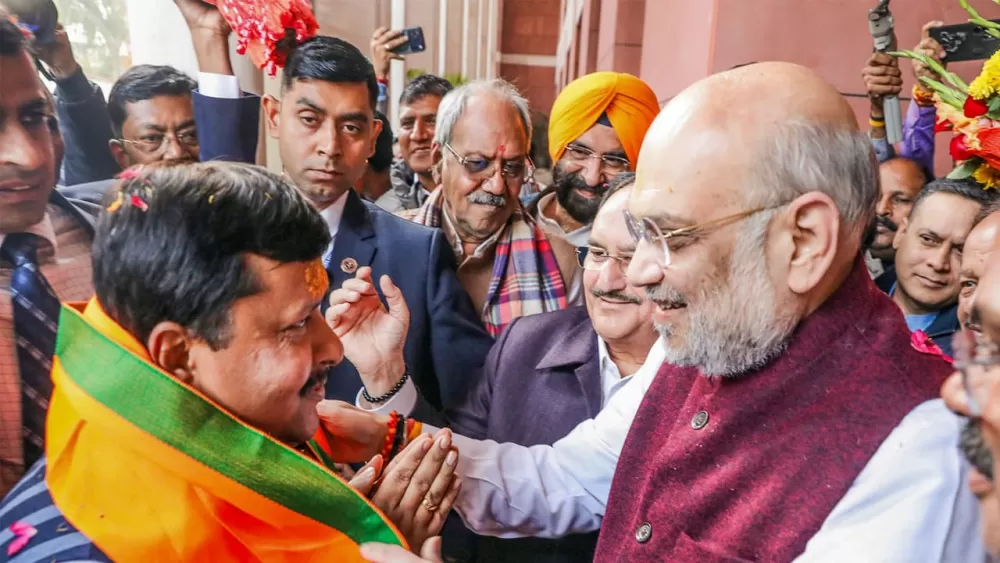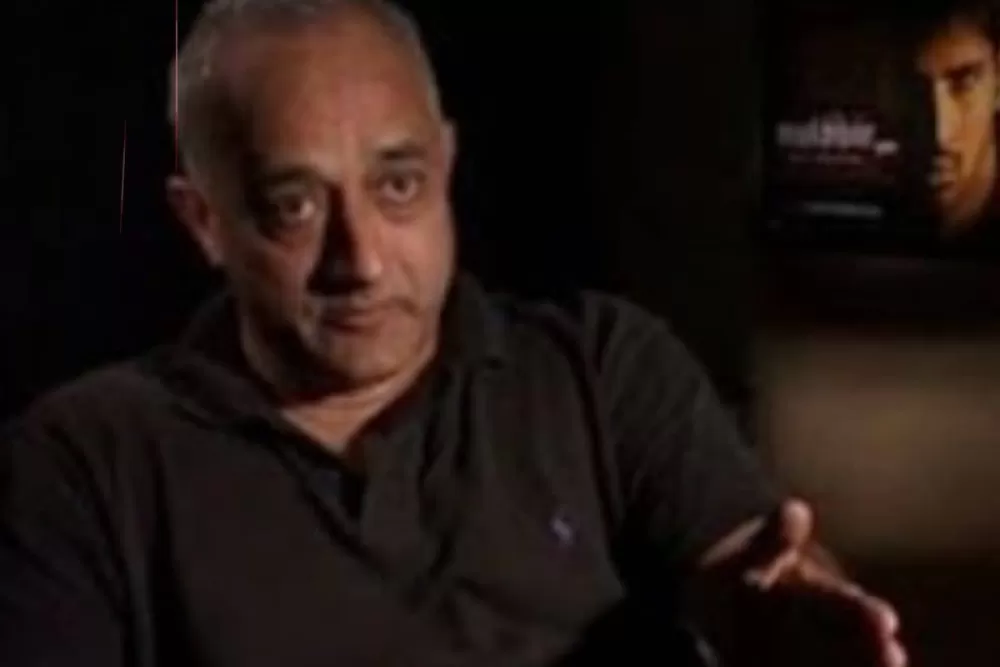The Nowgam Blast: A Harsh Echo, A Persistent Question of Preparedness
- Nishadil
- November 16, 2025
- 0 Comments
- 2 minutes read
- 34 Views
- Save
- Follow Topic

Nowgam Blast: A Grim Reminder, A Call to Sharpen Our Intelligence
The Nowgam blast in Jammu and Kashmir has ignited a crucial discussion, with Congress leader Mallikarjun Kharge highlighting the urgent need to fortify India's intelligence capabilities. It's a sobering reminder of the continuous battle against terror and the importance of preparedness.
In the grim tapestry of Jammu and Kashmir, certain events unfortunately — or perhaps, inevitably — carve themselves deeper than others. The Nowgam blast, a stark and brutal reminder of the persistent security challenges, certainly falls into this category. It was more than just an incident; it was, quite frankly, a wake-up call, one that echoed far beyond the immediate vicinity of the explosion.
Congress leader Mallikarjun Kharge, a veteran voice in Indian politics, didn't mince words. He termed the blast a clear signal, a moment for introspection, for India to 'wake up' and, crucially, to strengthen its intelligence apparatus. And honestly, who could argue with that sentiment? When such an event unfolds, it naturally begs a fundamental question: where exactly did the intelligence falter, if it did at all?
You see, the core of national security, in truth, often lies in the shadows, in the diligent, unyielding work of intelligence agencies. Their ability to preempt, to gather information, to stitch together disparate pieces of a larger, often sinister, puzzle is paramount. When a blast occurs, it suggests—or rather, shouts—that somewhere along that critical chain, there might have been a slip, a gap, a missed cue. It’s a bitter pill to swallow, for sure, especially for those on the front lines.
Kharge’s call isn't merely political rhetoric; it's a reflection of a deeply held public concern. The human cost of such attacks is immeasurable, yes, but there's also the broader implication: a feeling of vulnerability, a sense that perhaps we aren't as impervious as we'd like to believe. And that, dear reader, is a sentiment that no nation, no citizen, should have to endure frequently.
Strengthening intelligence isn't just about throwing more resources at the problem, though that certainly helps. It’s about refining methodologies, fostering seamless coordination across various agencies — often a greater challenge than one might imagine — and, perhaps most importantly, ensuring that the human element, the on-the-ground intelligence gatherers, are empowered and protected. It's a continuous, arduous process, never truly 'finished.' Because the adversaries, you could say, are always evolving, always seeking new cracks in the armor.
The Nowgam incident, therefore, serves as a poignant, almost painful, moment of reckoning. It compels us, and more importantly, our leaders, to look critically at existing frameworks and ask the hard questions. Are we doing enough? Can we do more? And how, precisely, do we ensure that such tragic wake-up calls become fewer and farther between? The answer, many believe, starts and ends with intelligence – sharper, faster, and unequivocally stronger.
Disclaimer: This article was generated in part using artificial intelligence and may contain errors or omissions. The content is provided for informational purposes only and does not constitute professional advice. We makes no representations or warranties regarding its accuracy, completeness, or reliability. Readers are advised to verify the information independently before relying on
















